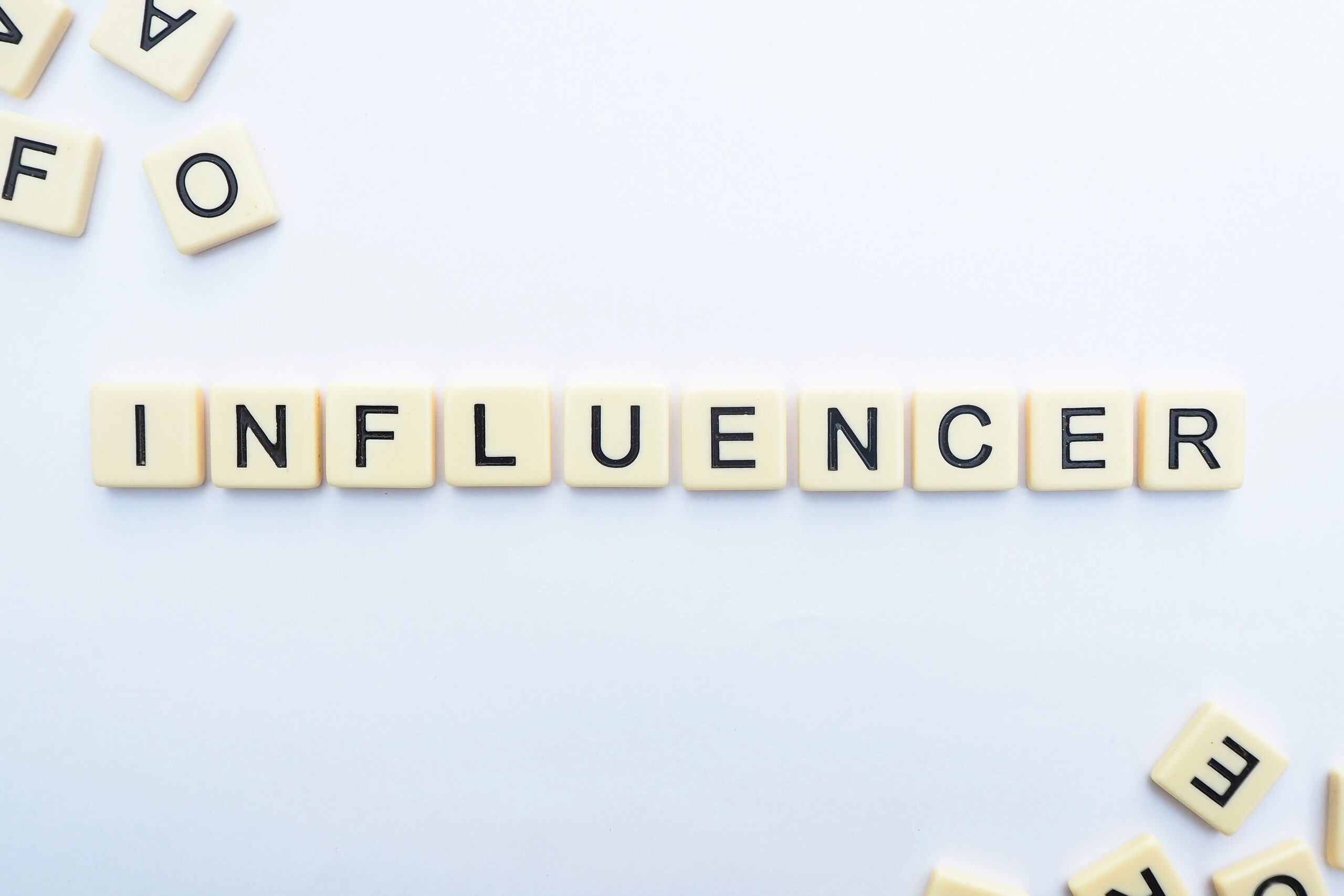Understanding Influencer Marketing
Influencer marketing has emerged as a pivotal strategy within the digital marketing landscape, representing a significant evolution in how brands communicate with their target audiences. At its core, influencer marketing involves collaborations between brands and individuals who possess the power to affect the purchasing decisions of others due to their authority, knowledge, position, or relationship with their audience. By leveraging influencers, brands can create authentic connections that resonate with consumers, leading to increased engagement and improved brand loyalty.

Brands can connect with audiences in various ways through influencer marketing, utilizing influencers’ reach and credibility to promote their products or services. This approach transcends traditional marketing techniques, as it emphasizes trust and relatability. Influencers often foster loyal followings, allowing brands to tap into large groups of prospects that may otherwise be difficult to reach. These collaborations can take multiple forms, including sponsored content, product placements, and giveaways, tailored to fit the unique voice of each influencer and their audience.
Influencers can be categorized into various types based on their reach and engagement, including mega, macro, micro, and nano influencers. Mega influencers typically boast millions of followers and have a broad reach but may lack engagement levels seen with smaller influencers. Conversely, micro and nano influencers, with tens of thousands or even fewer followers, often enjoy higher engagement rates and closer relationships with their audiences, making them attractive partners for targeted campaigns.
As the digital marketing landscape continues to evolve, so does influencer marketing. Emerging trends, such as the rising importance of authenticity and transparency, have driven brands to seek out influencers who genuinely align with their values. Additionally, with the advent of artificial intelligence (AI) technologies, the optimization of influencer marketing campaigns has become more efficient, enabling brands to analyze their effectiveness and connect with the right influencers. This ongoing evolution underlines the significance of integrating AI into influencer marketing strategies, enhancing their overall impact.
The Role of Artificial Intelligence in Influencer Marketing
Artificial intelligence (AI) is playing a transformative role in influencer marketing by enhancing the efficiency and effectiveness of campaigns through the integration of various technologies. Among these technologies, machine learning algorithms are pivotal in analyzing vast amounts of data to identify suitable influencers whose audiences align well with specific brands. By evaluating factors such as engagement rates, follower demographics, and content relevance, machine learning provides marketers with deeper insights, enabling them to make informed decisions when selecting influencers.
Natural language processing (NLP) is another crucial AI technology revolutionizing influencer marketing. NLP tools can analyze user-generated content across social media platforms to assess sentiment and identify trending topics. This detailed analysis allows brands to align their campaigns with influencer posts that resonate positively with audiences. By understanding language nuances and audience preferences, brands can craft tailored messages that enhance engagement and foster stronger connections with potential customers.
Data analytics—often powered by AI—is essential for measuring the success of influencer campaigns. Advanced analytics tools can track various engagement metrics such as likes, shares, comments, and conversions. By compiling these metrics into comprehensive reports, brands can evaluate the effectiveness of their campaigns in real time. Additionally, predictive analytics helps marketers anticipate campaign outcomes based on historical data, thus optimizing future strategies. Through these insights, brands can refine their digital marketing approaches and maximize return on investment.
Numerous case studies demonstrate AI’s significant role in influencer marketing. For instance, some brands have successfully employed AI-driven tools to identify micro-influencers, resulting in greater audience engagement and a higher ROI. As the landscape of digital marketing evolves, leveraging AI technologies will continue to empower marketers, facilitating data-driven decision-making and optimizing campaign performance.
Optimizing Influencer Campaigns with AI Tools
In recent years, the integration of artificial intelligence (AI) into digital marketing has revolutionized the way businesses approach influencer marketing campaigns. Numerous AI-driven tools and platforms now exist to enhance the efficiency and effectiveness of these campaigns. By incorporating features such as influencer discovery tools, sentiment analysis, performance tracking, and ROI measurement, these technologies assist marketers in making data-driven decisions that improve overall campaign outcomes.

Influencer discovery tools automate the process of finding suitable influencers based on specific criteria like audience demographics, engagement rates, and niche relevance. This significantly reduces the time and effort marketers would traditionally spend on researching potential influencers. Additionally, sentiment analysis capabilities allow brands to evaluate the emotional tone of discussions around their products or services, guiding them in selecting influencers who resonate positively with their target audience.
Performance tracking is another crucial feature of AI tools, enabling brands to monitor key performance indicators (KPIs) in real-time. Metrics such as reach, engagement, and conversion rates can be analyzed to assess the impact of influencer collaborations, thus facilitating timely adjustments to the campaign strategy. Furthermore, the ability to measure ROI accurately is essential for validating marketing budgets and driving future investment decisions in influencer marketing initiatives.
When selecting the right AI tools for influencer marketing, it is vital to consider specific campaign goals and budget constraints. A well-defined strategy should guide the decision-making process, ensuring that the chosen tools align with the organization’s overarching objectives. Integration of these AI tools into existing marketing workflows can further enhance collaboration among team members, streamline processes, and maximize the potential of influencer marketing campaigns.
The Future of Influencer Marketing with AI
The landscape of influencer marketing is undergoing a significant transformation, propelled by advancements in artificial intelligence (AI). As brands seek to engage consumers in an increasingly competitive digital marketplace, the use of AI is expected to revolutionize how campaigns are structured and executed. One notable trend on the horizon is the potential for hyper-personalization. By leveraging AI algorithms, brands can analyze vast amounts of data, allowing them to tailor influencer partnerships to specific audience segments. This level of customization will enhance the relevance of marketing messages, fostering deeper connections between influencers and their followers.
Moreover, the integration of AI in influencer marketing can pave the way for increased transparency and authenticity in collaborations. Algorithms will be able to assess an influencer’s audience demographics, engagement rates, and content performance more accurately, ensuring that brands partner with the right individuals who align with their values and objectives. This shift towards data-driven decisions can help mitigate the risks associated with influencer fraud, ultimately leading to more credible and reliable marketing campaigns.

